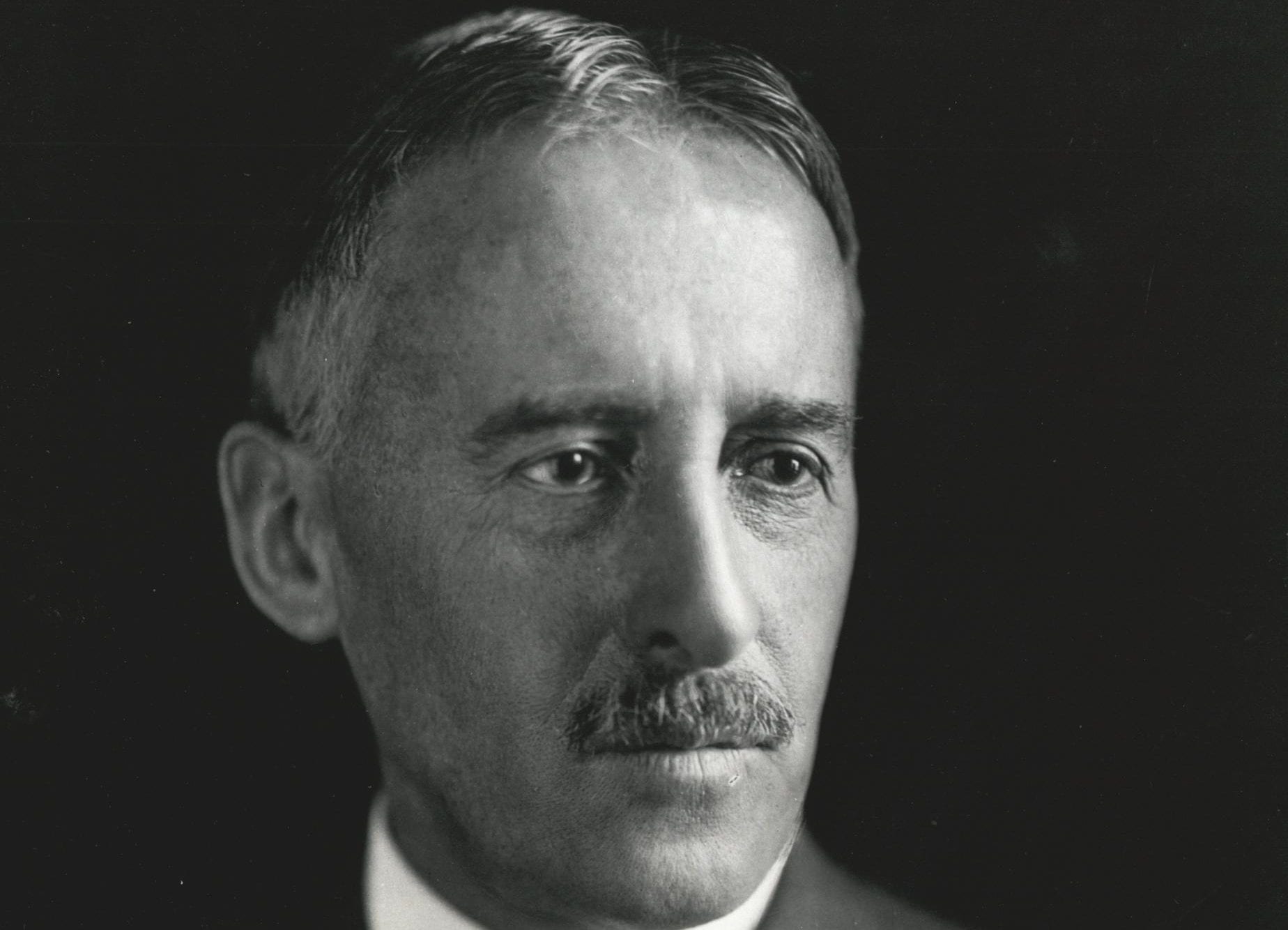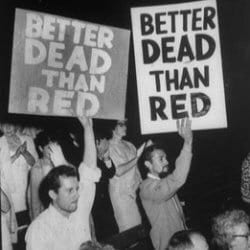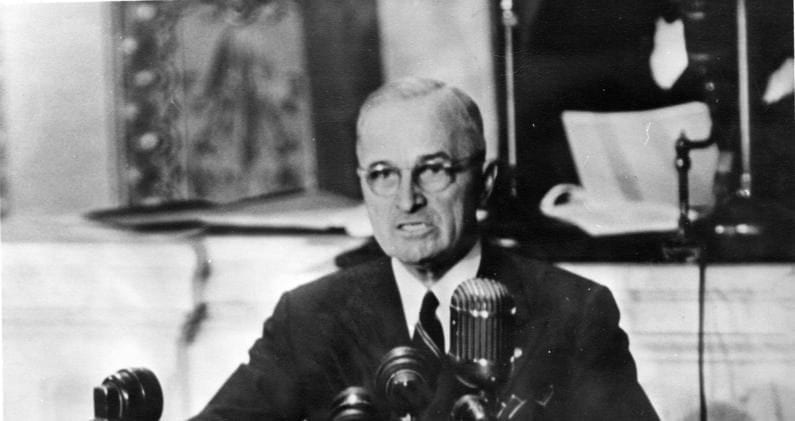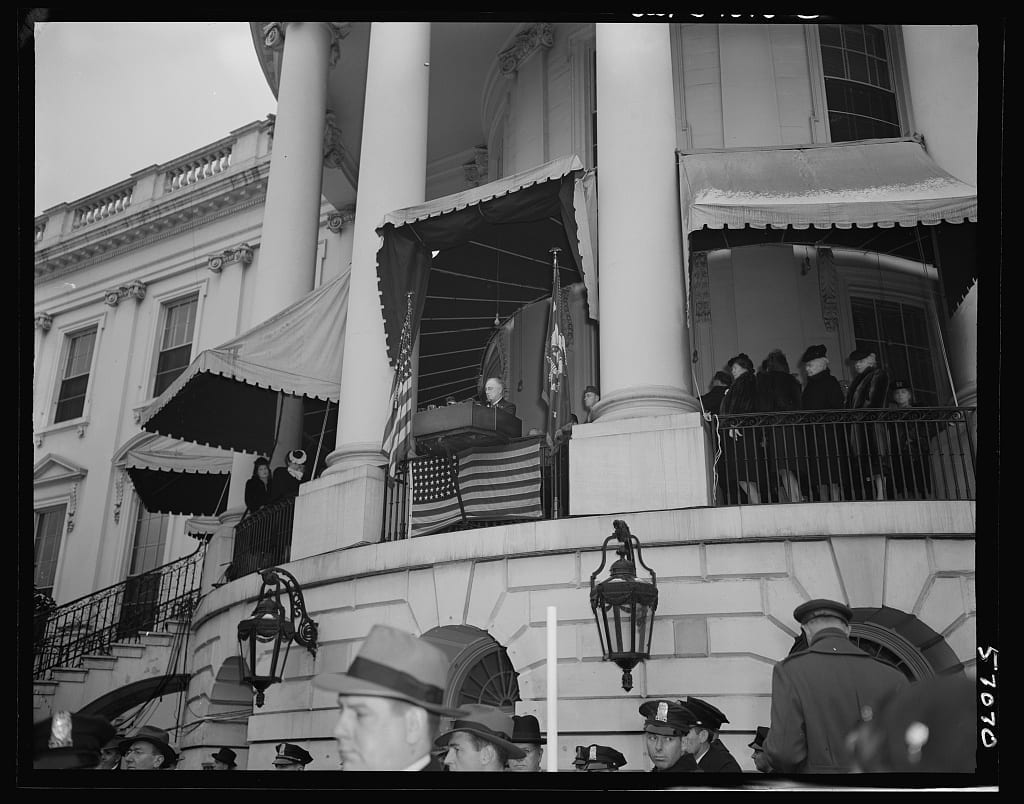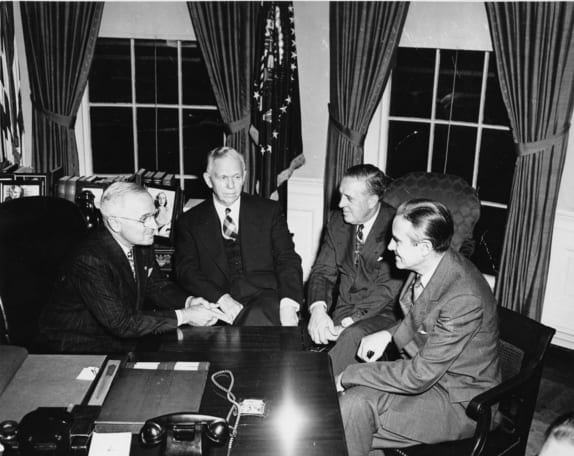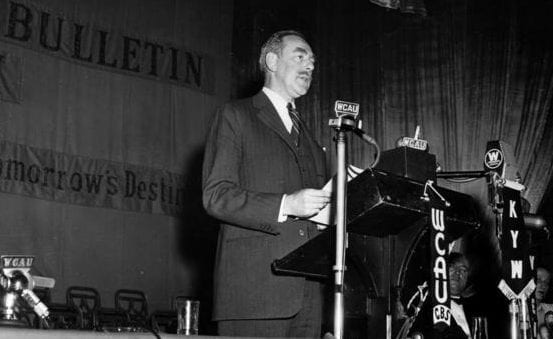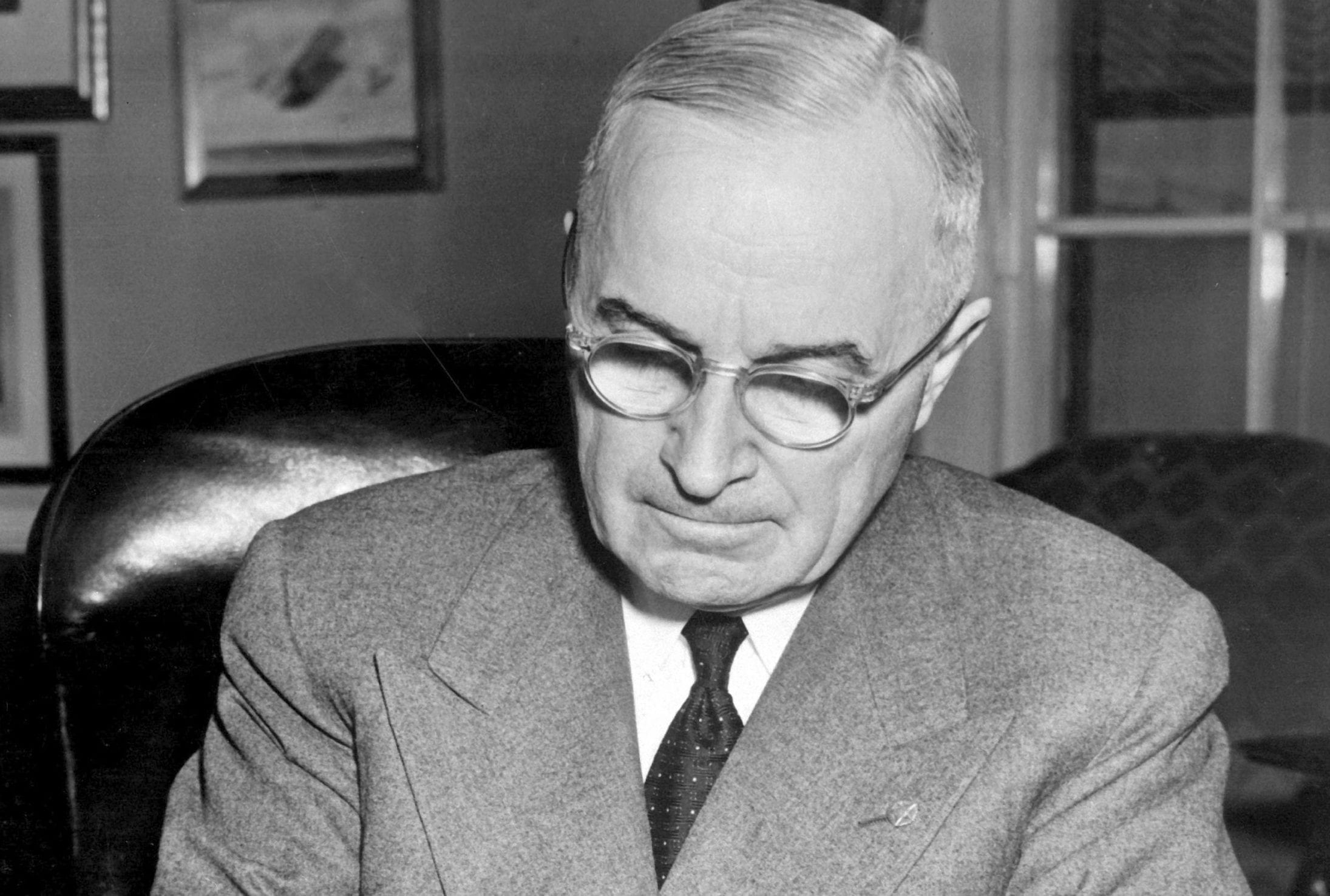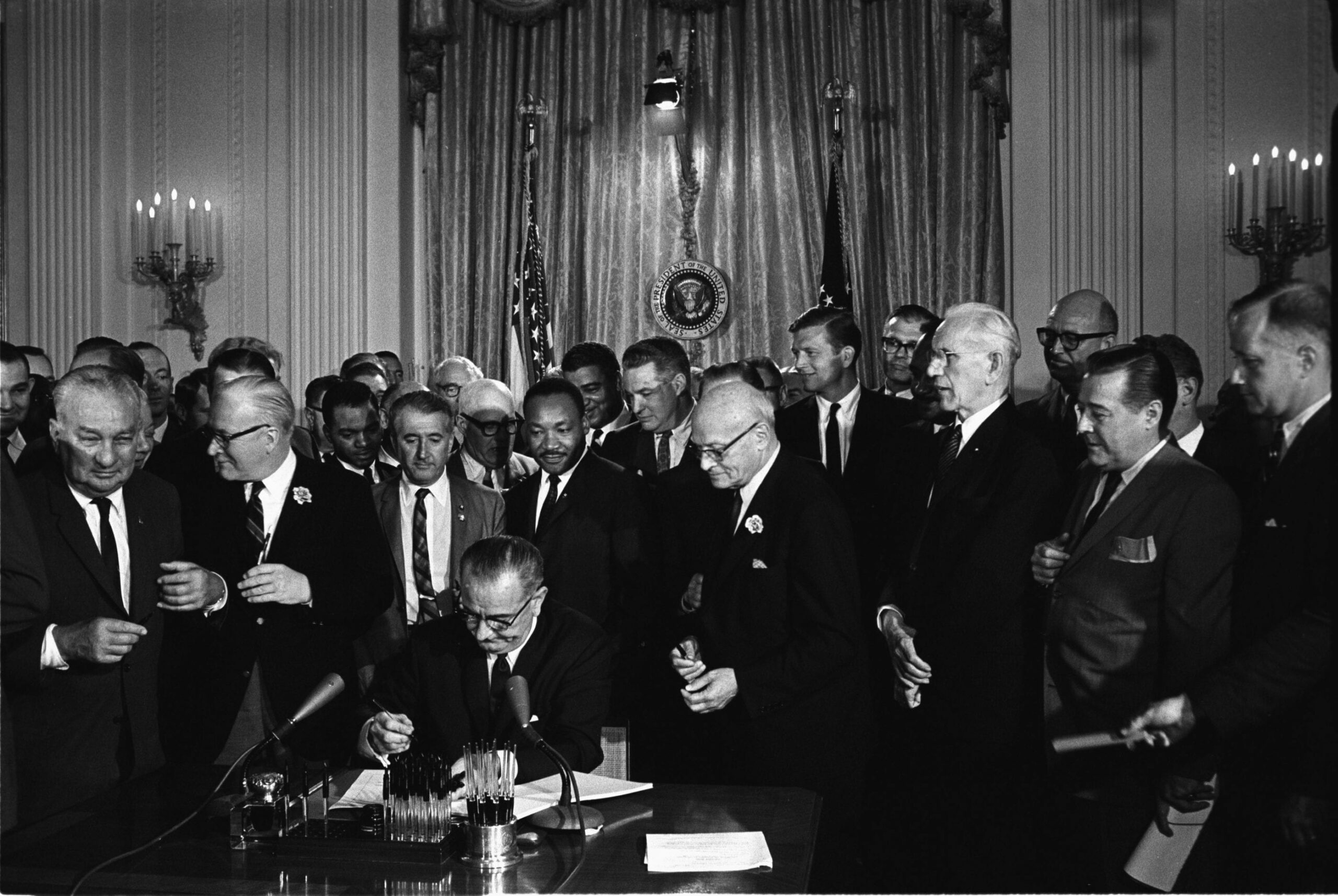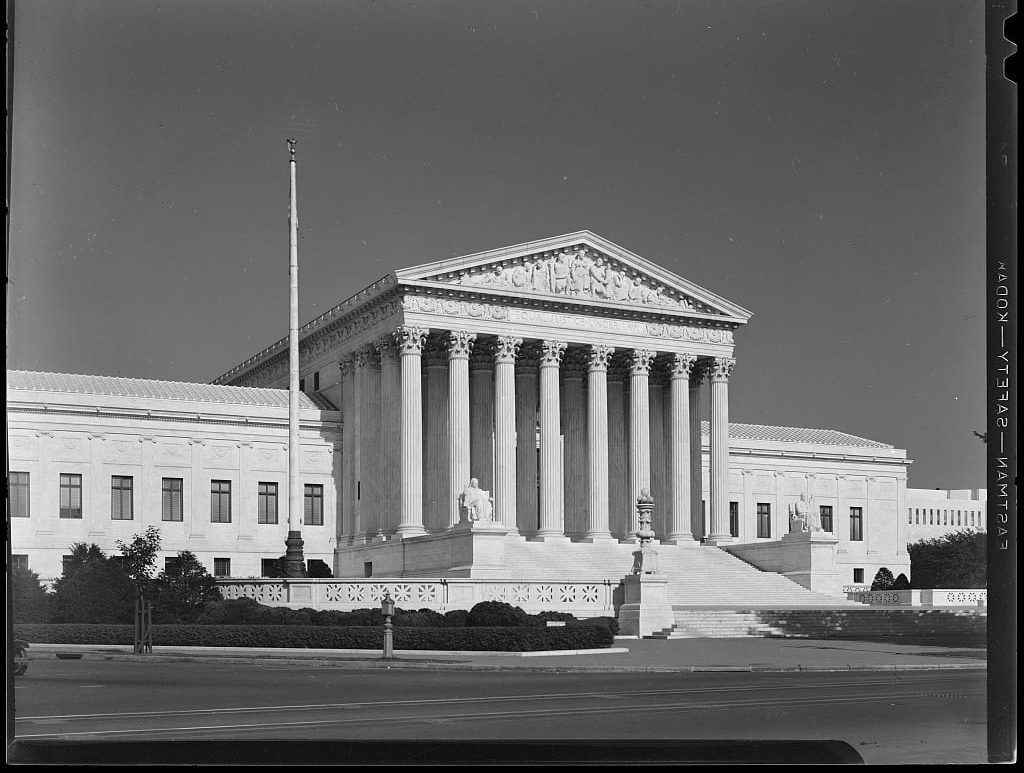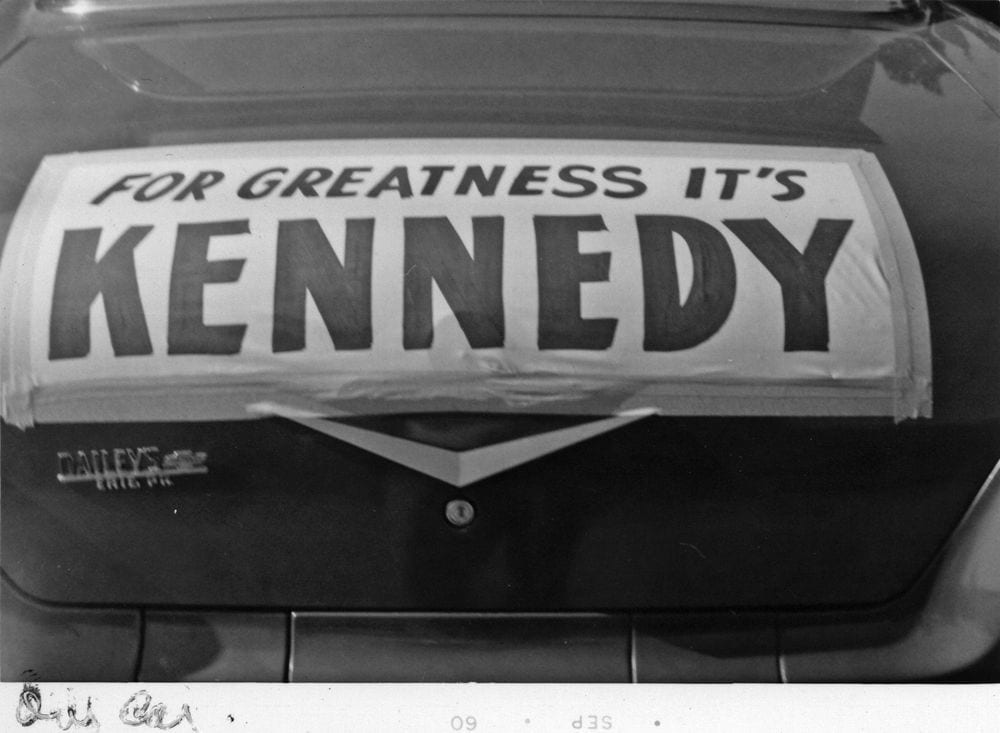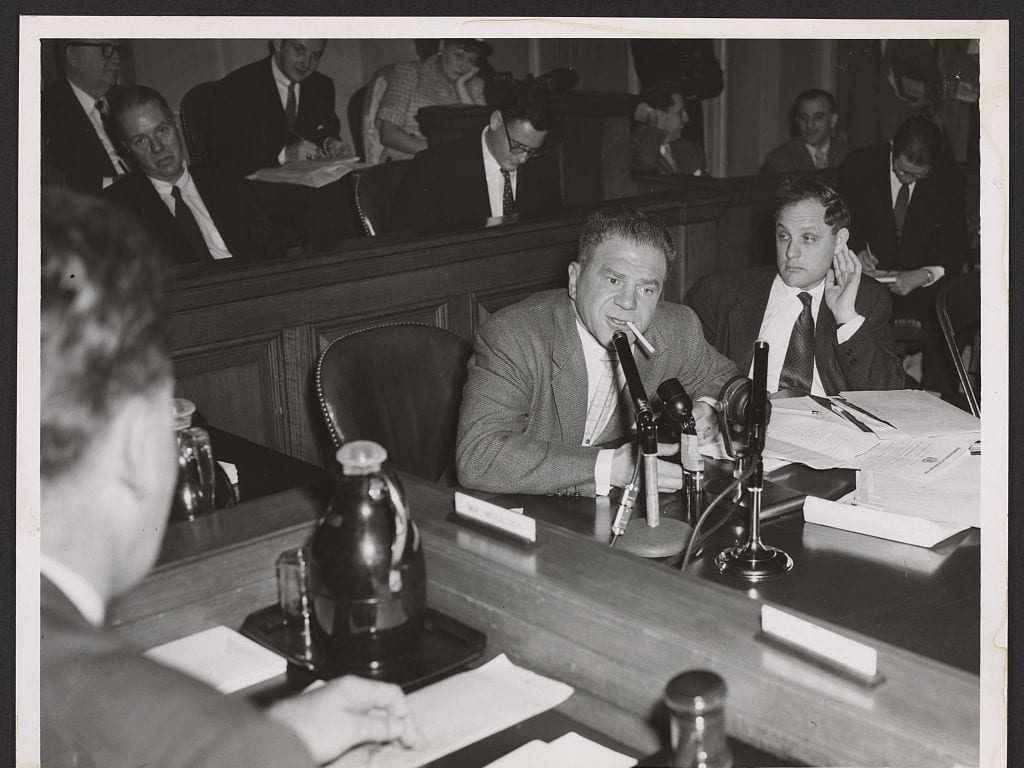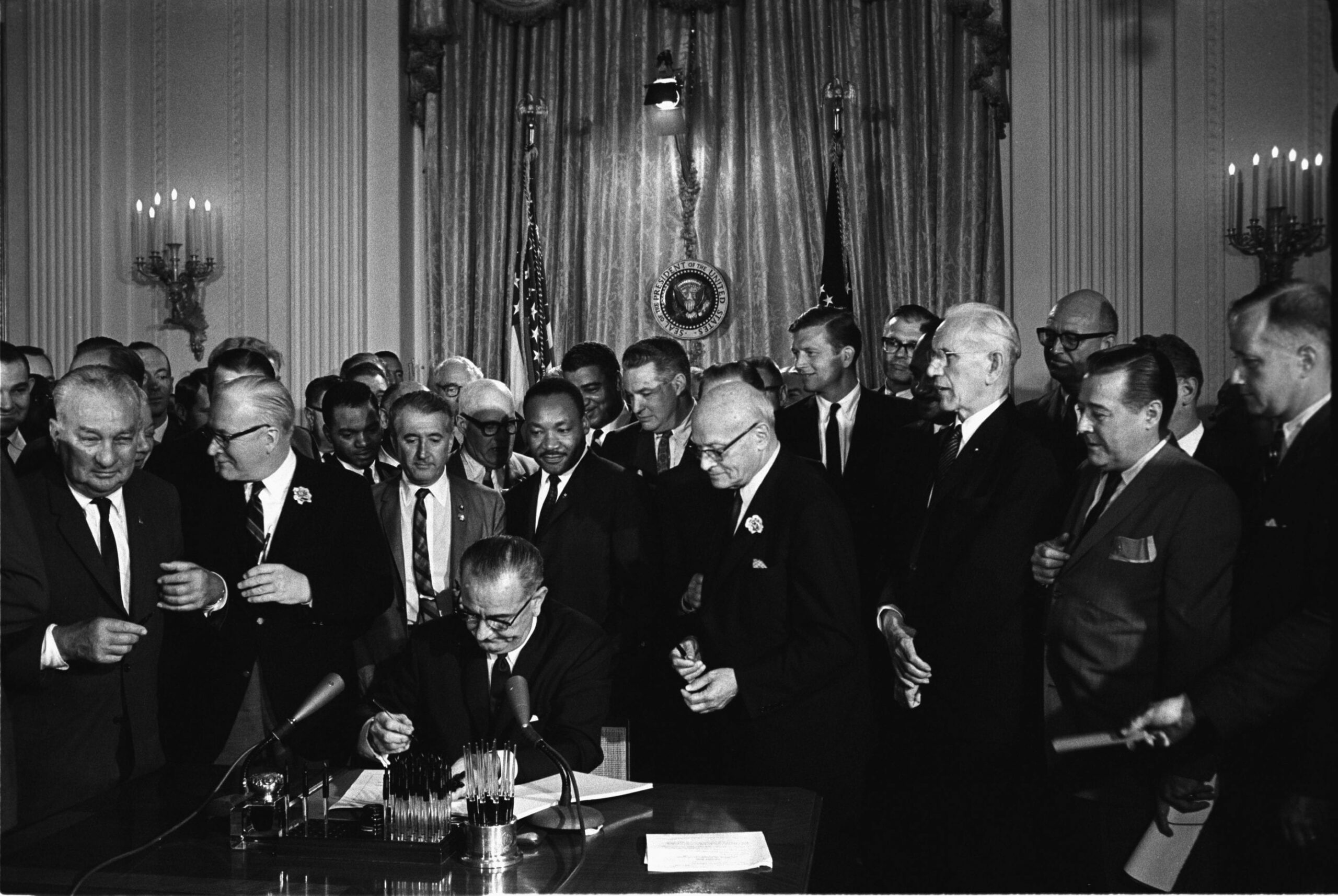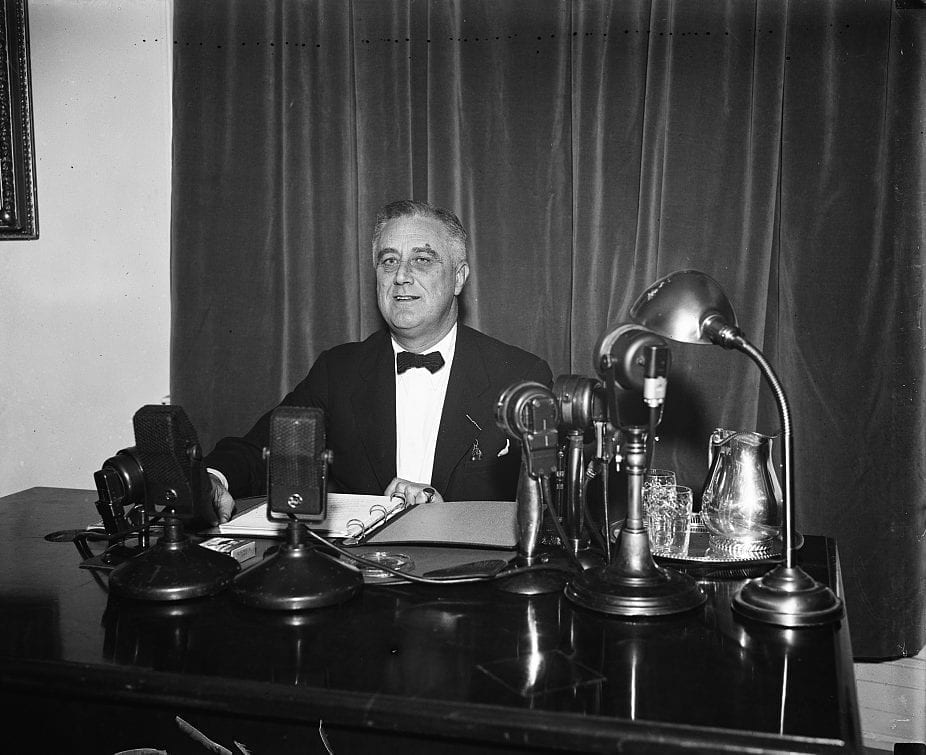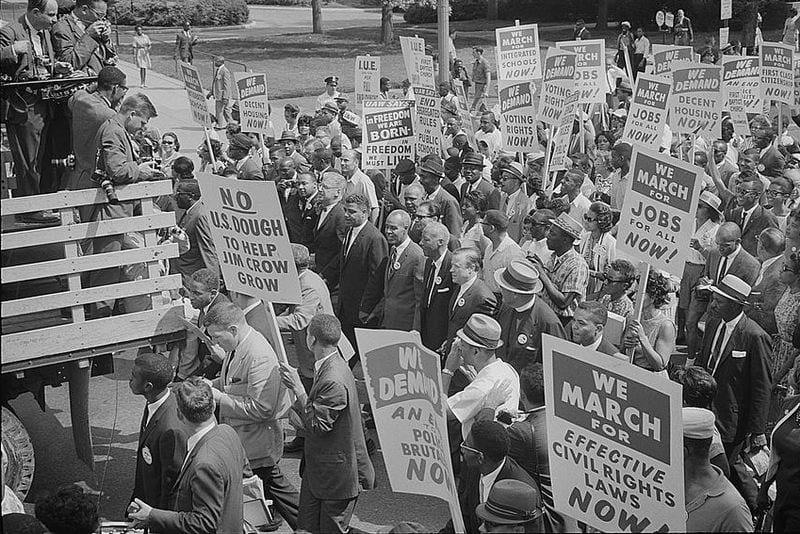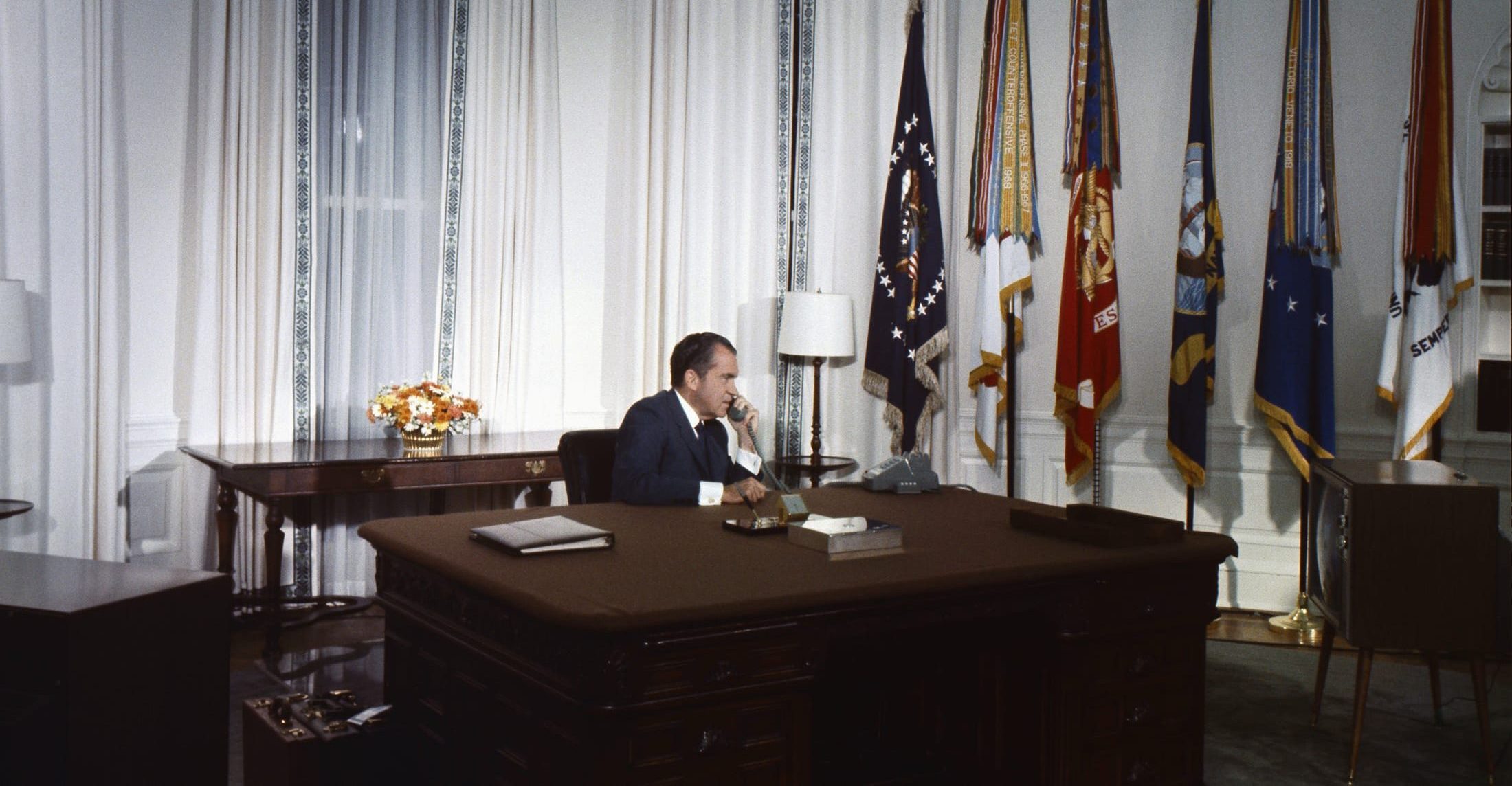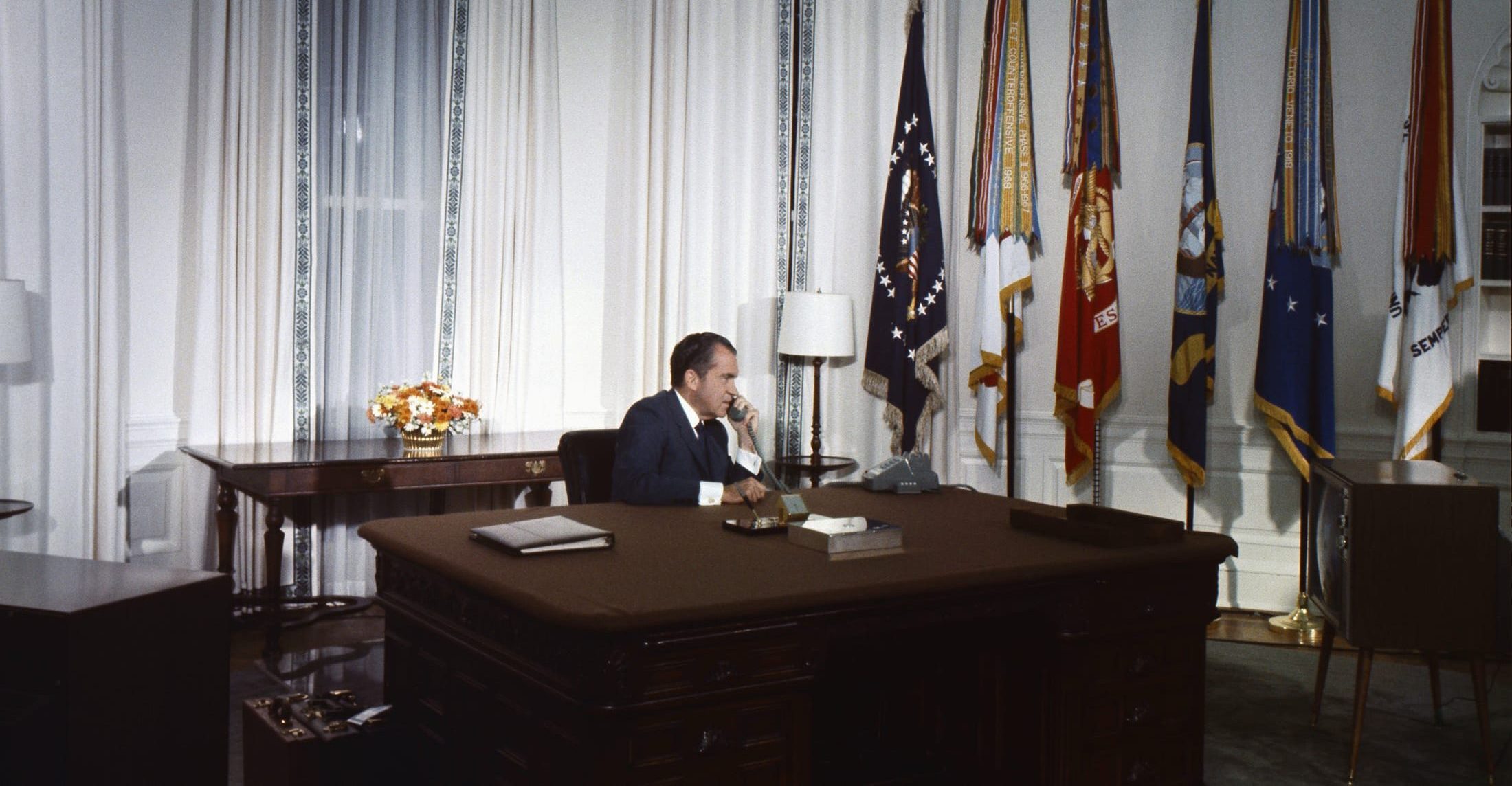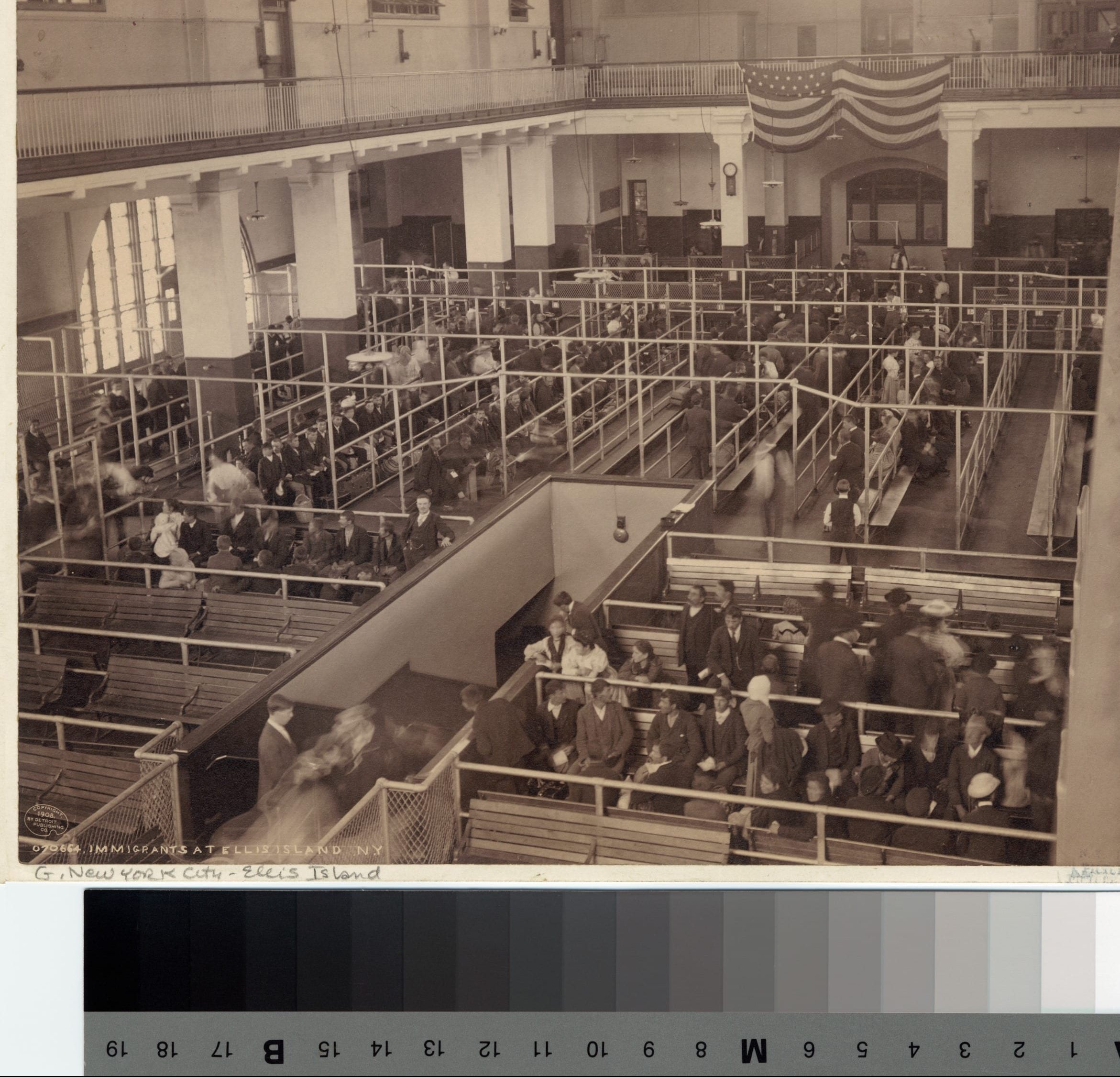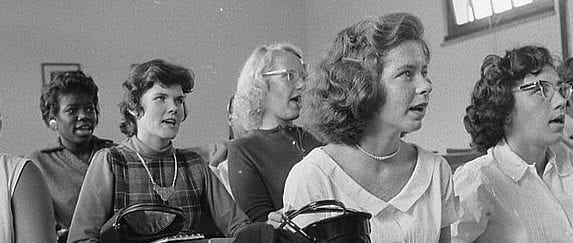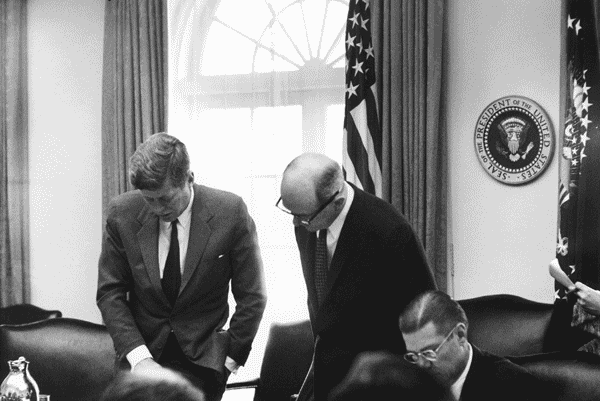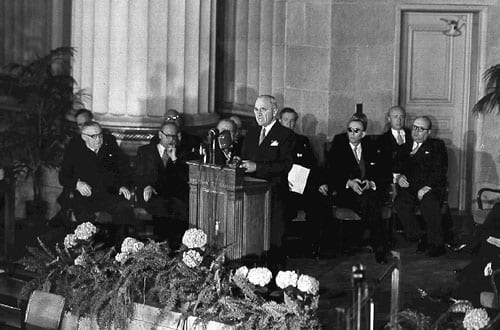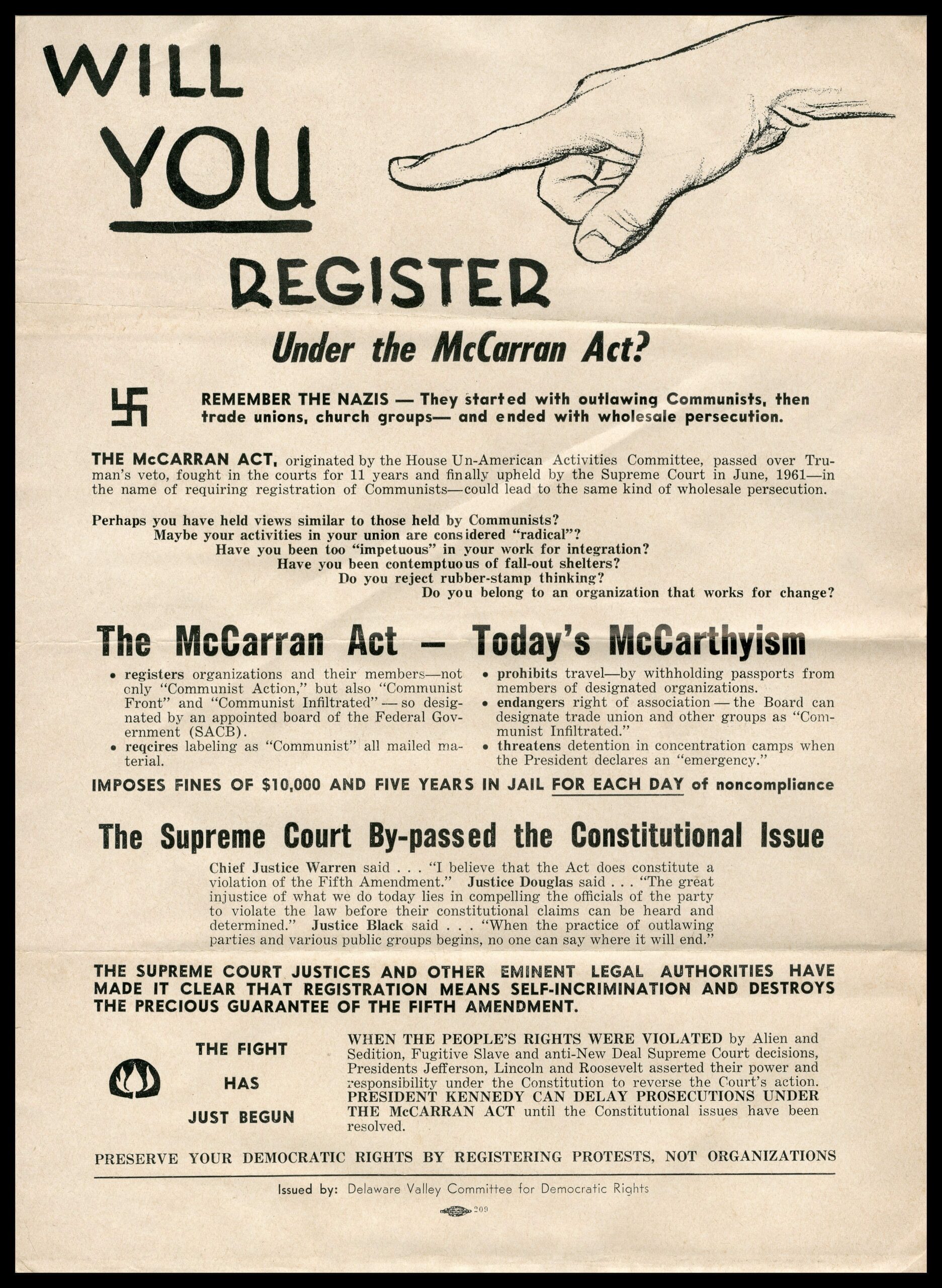

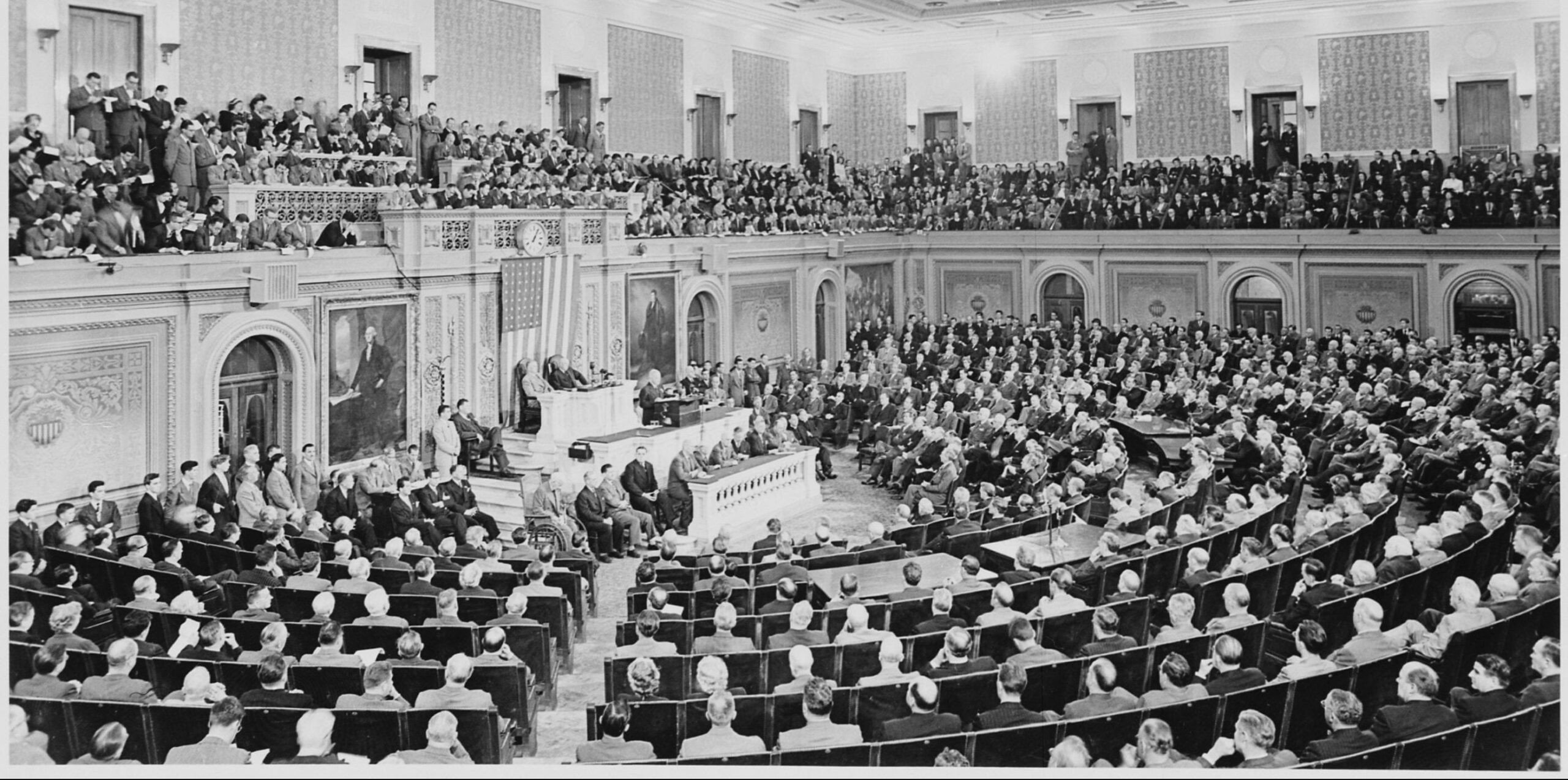
Introduction
The Democratic Party consistently held strong majorities in Congress during the middle of the twentieth century. However, the party was divided internally between more liberal and progressive Northern Democrats and conservative Southern Democrats, descendants of the Southern Democrats who formed the Confederacy during the Civil War. The conservative Southern Democrats were elected from safely Democratic districts, where the Republicans could not compete due to their reputation as the “Party of Lincoln,” and thus tended to have longer tenures in office than their Northern counterparts.
Consequently, the conservative Democrats were the members with the most seniority on Congress’s standing committees. Democratic Party rules stated that the senior members of committees would automatically be named the committee chairs, positions with immense power. This meant that conservative Democrats had the power to bottle up legislation favored by liberal and progressive Democrats, such as civil rights legislation. The Rules Committee was especially notorious, since it had the power to put legislation on the floor for a vote. Thus, even if a bill emerged from its standing committee, it frequently died in the Rules Committee.
To circumvent the Rules Committee, liberal Democrats attempted to establish the 21-day rule in 1949. This rule stipulated that all legislation in the Rules Committee could be immediately placed on the floor if it was not acted upon within 21 days of being referred to the committee, thus circumventing the powerful Rules Committee and its chair. Opponents of the 21-day rule almost immediately sought its repeal and were ultimately successful. In this debate over repealing the rule, members weighed the merits of committee government versus the need for party leaders to set and enact a legislative agenda. Some argued that committee power must be preserved to promote expertise and regular order, while others argued that majorities should be able to exert their will, and that committees created too many roadblocks to majority will.
Source: Congressional Record, vol. 96.
January 20, 1950
[Representative Adolph J. Sabath of Illinois called up House Resolution 133, repealing the “21-day rule,” and asked for its immediate consideration. The 21-day rule stipulated that a committee chairman could circumvent the Rules Committee by bringing a bill directly to the floor for consideration, if the Rules Committee had not acted upon it within 21 days after it was referred to the Rules Committee. It was passed in the previous House session, on January 3, 1949.]
Mr. SABATH.[1] . . . Mr. Speaker, when I came to Congress 44 years ago Republican Speaker [Joseph] Cannon was the czar of the house and had the House at his mercy.[2] The country resented Cannon’s power. This abuse of power on his part brought about the defeat of the Republican Party. The Democrats, with the aid of the progressive Republicans, took away from the Speaker his great power by liberalizing the rules of procedure under the Norris resolution.[3]
The present unholy alliance formed by the reactionary Democrats and reactionary Republicans on the Committee on Rules is an attempt to emulate and restore that power to the Committee on Rules and again hope to have the House at their mercy. . . .
Because the Committee on Rules is a policy committee, yes a procedural committee, designed to carry out the mandate of the people, it is composed of eight members representing the majority and four of the minority. All other legislative committees are composed of a bare majority.
There is an unfortunate condition that exists in the Rules Committee because, as I have stated, three members of the Committee on Rules elected as Democrats on the Democratic ticket in name only, unfortunately vote and gang up with the Republicans, leaving me, the chairman, and the other real Democrats on the committee in a minority. Consequently, the Committee on Rules has been unable to report rules on bills approved by legislative committees and recommended by the President. The majority has been unable to work its will.
In view of this unfortunate situation, the House adopted House Resolution 5 in the first days of the first session of the Eighty-first Congress. This was in the interest of orderly procedure and in order to expedite legislation so as to preclude the Committee on Rules from bottling up legislation.
That resolution permits chairmen of various legislative committees to file their own 21-day discharge petition and call their bill up on the floor if the Committee of Rules fails to act.
The gentleman from Georgia [Mr. COX][4] and his two other colleagues, in conjunction with the four Republicans, as I pointed out previously, reported out this resolution—House Resolution 133—which will kill and sabotage the rights of committees under the new [21-day] rule.
Up to now, 33 resolutions have been filed under the new liberalized rule by chairman of legislative committees desirous of availing themselves of their rights. All will be dead if this unfortunate resolution should pass.
Mr. RAYBURN.[5] . . . [T]he gentleman from Illinois [Mr. ALLEN][6] has laid down the issue; and I could think that I saw my friend, my dear friend from Georgia [Mr. COX] wince when he laid it down: Whether or not the program of the successful party in the last campaign is going to be sabotaged. That is what he said in so many words. Who won the election of 1948 anyhow?
What party came again in control of the Senate of the United States and of the House of Representatives?. . .
There is a lot of talk here about civil rights being involved in this matter. As far as I am concerned, there is no element of the civil-rights program involved in the rules as they exist today and, as, in my opinion, they should exist. The rules of a legislative body should be such at all times as to allow the majority of a legislative body to work its will. Under our present set-up, I am sorry to say, that is not the case in many instances.
When a legislative committee of the House of Representatives has labored long and honestly, and by overwhelming majority brings in a bill and reports it to the House, and it asks for the privilege of being granted the right to try their case before the elected representatives of the people of the United States, there should be something in the rules of the House, regardless of one other committee, allowing the House to work its will on that bill.
That is the issue here and I do trust that the membership of the House in their wisdom will leave the rules of the House as they are so that a majority of the House of Representatives on any and all occasions may have the opportunity to register its will.
Mr. BROWN of Ohio.[7] Mr. Speaker, there has been so much misrepresentation of the issue before us that I think it is time we attempt to clarify the situation. Left-wing columnists, news reporters, and radio commentators have been telling the country that a vote for a change in the rules will be a vote against all civil-rights legislation. The radical elements and organizations of the United States have been screaming the same propaganda. That is not true. Here is the truth:
The Truman administration and the Democratic leadership of this House could have had a vote on FEPC and other civil-rights legislation on at least a dozen different occasions during the past 6 or 7 months.[8]
The real issue before us is not FEPC but rather whether we are going to open the way for enactment of all sorts of wasteful, socialistic legislation.
So let me say to my colleagues: If this resolution fails, the floodgates will be opened to pour in onto the floor of this House all sorts of wild, wasteful, socialistic legislation, which most of us know is bad legislation, yet which the Truman administration may be able to force through by means of political promises and with the aid of this the pressure groups in this country.
Let no Member of this House make any mistake. If he follows the “me too” policy and votes with the left-wing element in this House, and with the Truman administration, as against the leadership of his own party, in opposition to the adoption of this resolution, he will be voting for waste and extravagance, for deficit spending, and for higher taxes. And I fear it will be charged he is just as responsible for the financial ruin and socialization of this country as any radical exponent of the New Deal philosophy. There may be those who will forever brand him as a “me too” follower of President Truman and the New Deal, the servant of the special interests and the pressure groups. I hope such a situation will never come to pass.
Mr. MADDEN.[9] . . . During the last half century this congress has adopted two great progressive improvements in its legislative procedure. The first was the uprising led by former Senator George W. Norris, of Nebraska, against the autocratic domination of former Speaker Joseph Cannon in 1909. Up to that time the Speaker of the House was an absolute czar and dictated all legislation which could be considered by the membership. Up until the beginning of the Eighty-first Congress, a year ago this month, a majority of the 12-member Rules Committee held almost dictatorial power as to what legislation could be considered by the 435 members of this House. The change in the rules, adopted on the 3rd day of January 1949, placed the legislative process of the Congress closer to the American people than ever before. Had it not been for this important change, several important bills which were passed by the last Congress would not have been considered on the floor of this House.
Since the beginning, our government, and particularly our Congress, has operated under the two-party system. Every 4 years, at our national conventions, our two major parties adopt platforms which they ask the people to accept or reject at the polls. The party which wins the presidency and the majority of members in the Congress is duty-bound to carry out the platform which the people ratified.
The 435 members of Congress are also duty-bound to respond to the will of the people on matters of legislation. It is undemocratic that a committee of 12 members of Congress, known as the Rules Committee, should be given the power to pigeonhole or to hold up legislation that has been ratified by the people and favorably reported out of one of the other standing committees of the House. . . .
Mr. JAVITS.[10] . . . This is a question of fundamental constitutional freedom to act in the legislative branch of the government and is not a question of action on any particular bill. I do not believe that any Member of the Congress needs to be told whether he may or may not vote on an issue which has gone through the screening of the appropriate standing legislative committee. There is an ingrained attachment among the American people for making one’s position clearly known especially when there is a difficult decision to be made, and this belief is one of the fundamental bases for our freedom. This proposition should certainly apply to us as legislators. I feel that in voting against this resolution I am acting in that typically American tradition.
Mr. MONRONEY.[11] Mr. Speaker, I believe this is one of the most important issues that I have ever voted on in the 12 years I have been in Congress.
In opposing this retrogressive change back to the old, absolute power of the Rules Committee, I am more sure that I am right than on any other issue I have voted on in 12 years.
I am amazed at the argument made in favor of the change back to the gagging of the sovereign representatives of the people of this country. Do we not trust ourselves? Must we have a group of 12 men on the Rules Committee to protect myself against myself, or you from yourself?
Must we say to the people of this country who have elected you congressmen to represent them here that you men whom they send here cannot be trusted with the safety and security of their country?
The men who wrote the Constitution in Philadelphia intended that the people should have the power in this government, and they made us, the Congress, the people’s branch. Yet now they are trying to take that power from the people’s branch, the branch to which the Constitution gave more power than any other. This resolution would remove the powers from the 435 members of Congress and give it to 12 men, who in star-chamber session would decide on the issues upon which Congress can vote.[12]
All of our committees in this Congress are coequal, and no one created a super-committee to veto the action of a coequal standing committee. Mr. Speaker, let me tell you that I have almost seen red as the great chairman of my own committee has gone before the Committee on Rules—and you members of other committees have seen this, too—and has been treated far worse than any lobbyist would be treated in the standing committees.
Mr. COX. . . . When this House adopted the 21-day rule, it took the governor off the legislative engine, which has since been running wild[13]. This resolution, Mr. Speaker, is merely an attempt to put them back on in the interest of orderly and responsible legislative procedure.
Mr. Speaker, it is not true, as has been asserted, that the adoption of this resolution would stymie the president’s program; it is not true, Mr. Speaker, that the adoption of this resolution would check the progress of bills reported by the legislative committees of this House. . . .
Mr. Speaker, I want to make this statement, which may or may not be astounding to many: There has never been a time when the present Speaker of this body, or his predecessor, the gentleman from Massachusetts [Mr. Martin],[14] made request of the Rules Committee for a rule on any bill but what the request was honored, and I now call upon both to witness the accuracy of this statement. . . .
Mr. EBERHARTER.[15] Mr. Speaker, on the opening day of the Eighty-first Congress it was decided that a majority of the 435 members of this body have the intelligence and the fortitude to decide whether or not they want to take up for debate a bill reported by a standing committee of the House.
The principle then agreed upon is about as revolutionary as our Constitution and just as basic as that historic document to American principles of representative government.
I wonder how many members really believe that they were authorized by the people of their districts to abdicate their legislative responsibilities to a little group of six or seven members in the Committee on Rules.
Of course, without effective organization and procedures the Congress cannot do its job. But never should the rules be used as an obstruction to the legislative process. . . .
Mr. Speaker, if a majority of the 435 members of the House cannot be entrusted with the decision whether a given piece of legislation shall be taken up for debate, then I am afraid that government of the people, by the people, and for the people cannot long endure. . . .
Outnumbered and out-argued, some southern members of this body appear to be unwilling to yield to the force of logic and to majority rule. Instead, they seek refuge in political chicanery and parliamentary tricks. They make much of keeping gentlemen’s agreements, but they are unwilling to abide by the decisions of our party caucus.
Mr. HALLECK.[16] . . . There has been a lot of bunk written about this awful bad Rules Committee. Why, the fact of the matter is that the Rules Committee was designed to be the creature of responsible leadership. It is no indictment of legislative committee to say that they attract to their individual membership members generally interested in the particular field in which that committee operates. Frequently they become special pleaders for a particular section, for a particular group, or a particular activity, or a particular segment of our population or our economy. For this reason it often happens that bills are reported which are clearly not favored by the majority of the membership of the House of Representatives. In such circumstances the Rules Committee is as necessary as is a traffic light on the busiest intersection in the whole country. . . . Responsible leadership must have some implement of control. I am worried about a flood of bills that are not desired by the administration or by majority party leadership which may bankrupt the country. For myself, in this or in any Congress, I am convinced that the Rules Committee should have a very considerable measure of responsibility and control. . . .
[The House voted against Cox’s resolution, and retained the 21-day rule, 183–286.]
January 3, 1951
Mr. SABATH. Mr. Speaker, I offer a resolution (H. Res. 7) and ask for its immediate consideration.
The Clerk read the resolution, as follows:
Resolved. That the rules of the House of Representatives of the Eighty-first Congress, together with all applicable provisions of the Legislative Reorganization Act of 1948, be, and they are hereby, adopted as the rules of the House of Representatives of the Eighty-second Congress.
Mr. SABATH. Mr. Speaker, the resolution I have just presented to the House for its consideration extends the rules under which the business of the House was conducted in the last Congress to the present one. It ensures and protects every member’s right and privilege to go on record and vote for or against vital legislation.
I am of the opinion that the rules which prevailed in the Eighty-first Congress have worked well, have safeguarded the rights and interests of the several committees and their members, and have been for the best interests of our nation. Some gentlemen who were opposed to the adoption of the rules in the Eighty-first Congress were under the impression that the Committee on Rules, of which I have the honor to be chairman, would be deprived of some of its rights and privileges. . . .
May I state, having been a member of the Committee on Rules for 20 years, as well as chairman for 12 years, of what is claimed to be the most powerful committee of the House, that that committee functioned fairly well during the Eighty-first Congress notwithstanding the effectiveness of the 21-day discharge amendment to the rules, and there is no justification for reverting to the rules in effect during the Eightieth Congress. . . .
History will repeat itself. Well do I recall the fight of the 25 progressive Republicans who joined with the Democratic forces in overthrowing “Cannonism” and in changing the rules of the House which permitted the consideration of legislation in the interest of the common people. They were derided and ridiculed by their Republican colleagues who legislated for the vested interests, yet in the ensuing election all of the 25 progressive Republicans were reelected and so many of their regular Republican colleagues who voted against the changing of the rules were defeated in such numbers as to bring about the election of a Democratic House.
Ever since I entered Congress I have fought for liberal rules providing for the conduct of business before this House. In fact, it was due to my resolution that Speaker Cannon, known as the czar, was shorn of his power to name all of the committees, which gave him absolute control of the House. Ever since, I have continued in my fight to safeguard the rights and privileges of members to vote on bills that properly came before the House. The 21-day-discharge rule is in that direction because, as I have stated, when the Committee on Rules fails to act or acts adversely on a rule providing for the consideration of a bill, then the chairman of a legislative committee is empowered to file his own rule, thereby making it possible for members of the House to express themselves and to vote on legislation. . . .
Mr. HALLECK. . . . It ought to be clear to everyone, there are a great many bills reported out by legislative committees which should not come to the floor of the House for action. Probably I am treading on dangerous ground, but I am going to say this: Legislative committees very frequently tend to draw to their ranks people whose interests are those of the committee, and very often it happens that in the work of the committee through the years the members of the committee tend to become special pleaders for that particular interest. Many times they report legislation which is out of line with what the leadership wants and which is out of line with what the overall majority of the membership of the House wants. What sense does it make to bring measures like that to the floor of the House?. . .
[After some further debate, the House passed Cox’s resolution, repealing the 21-day rule, by a vote of 243–180.]
- 1. Adolph J. Sabath (1966–1952) was a member of the House from Illinois from 1907 to 1952, when he died in office. He was born in what is now the Czech Republic and emigrated to the United States at age 15. Until 2013, Rep. Sabath was the longest-serving Dean of the House of Representatives, a title given to the longest-serving member of the House.
- 2. The autocratic rulers of Russia prior to the 1917 Revolution were called “czars”; for Cannon, see The “Revolt of 1910” Against Speaker Joseph Cannon and Speech on Party Leadership in Congress.
- 3. See The “Revolt of 1910” Against Speaker Joseph Cannon and Speech on Party Leadership in Congress.
- 4. Edward Eugene Cox (1880–1952) was a representative from Georgia who served from 1925–1952. He was a conservative Democrat who supported segregation and opposed the New Deal, and led the charge to repeal the 21-day rule that is the subject of this document. Less than one year prior to this debate, he and Adolph Sabath (see note 1 above) got into a fistfight on the floor of the House. Both were Democrats on the Rules Committee, but Cox was a Southern conservative and Sabath was a Northern liberal.
- 5. Sam Rayburn (1882–1961) was Speaker of the House of Representatives for seventeen years, a record that stands to this day. He is generally known as one of the greatest figures in the history of the House of Representatives. He represented Texas’s 4th district from 1913 until his death in 1961. The Rayburn Office Building on Capitol Hill in Washington D.C. is named in his honor.
- 6. Leo Allen (1898–1973) was a member of the House of Representatives from Illinois, who served from 1933–1961. He served as chair of the Rules Committee from 1947–1949 and 1953–1955.
- 7. Clarence Brown (1893–1965) was a representative from Ohio who served in the House from 1939 until his death in 1965. He was also the president of a major publishing company.
- 8. The Fair Employment Practice Committee (FEPC) was an agency created by Franklin Roosevelt through executive order. Its goal was the ending of discrimination in employment by federal agencies and unions. Because it was not created by Congress, it was a relatively weak agency and President Truman asked Congress in 1948 for legislation making the agency permanent. That issue, and Truman’s civil rights agenda in general, were central to the debate over the 21-day rule.
- 9. Ray Madden (1892–1987) was a representative from Indiana who served in the House from 1943 until his death in 1977. From 1973–1977 he served as the chair of the Rules Committee.
- 10. Jacob Javits (1904–1986) was a representative and a senator from New York who served as New York’s attorney general from 1955–1957.
- 11. Almer “Mike” Monroney (1902–1980) was a representative and a senator from Oklahoma. He was co-author of the 1946 Legislative Reorganization Act.
- 12. The Star Chamber was an English court that became synonymous with arbitrary and monarchical power in America.
- 13. A governor on an engine limits the power of the engine so that the vehicle does not surpass a certain speed. Cox is suggesting that the Rules Committee puts a similar brake on legislation, so that Congress does not create too many laws too quickly.
- 14. Joseph William Martin Jr. (1884–1968) was a Republican who served as Speaker of the House from 1947–1949 and 1953–1955, the only two terms in which the Republicans held the majority in the House over a sixty-year period between 1933 and 1995.
- 15. Herman Eberharter (1892–1958) was a member of the House of Representatives from Pennsylvania who served several terms in the House before he died while in office.
- 16. Charles Halleck (1900–1986) was a representative from Indiana who served from 1935–1969. He was the majority leader of the House from 1947–1949 and the minority leader from 1959–1965, supplanting Joseph Martin as the Republican leader in Congress.

Conversation-based seminars for collegial PD, one-day and multi-day seminars, graduate credit seminars (MA degree), online and in-person.

